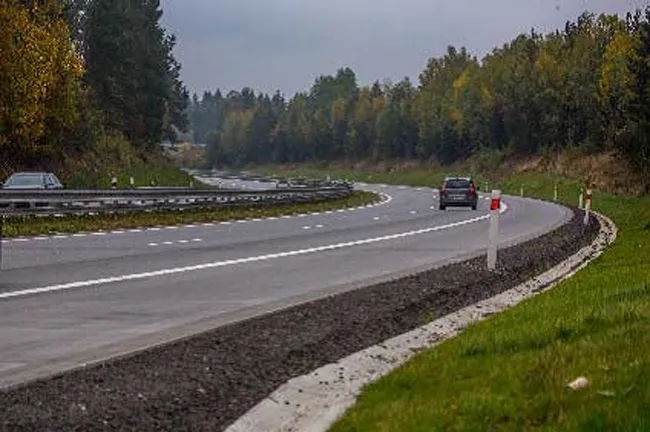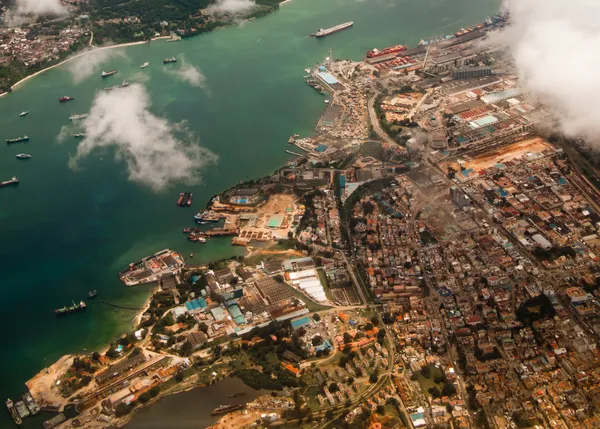The Polish highway authorities are calling for a road budget of e7.57 billion for 2011, and while this will have to be approved by the government, it is some e1.56 billion lower than originally planned.
February 20, 2012
Read time: 2 mins
The Polish highway authorities are calling for a road budget of €7.57 billion for 2011, and while this will have to be approved by the government, it is some e1.56 billion lower than originally planned.
Of the total, €754.5 million would be allocated for the maintenance of roads and the General Directorate for National Roads and Motorways (1361 GDDKiA), slightly more than the €681.3 million planned earlier.
Meanwhile, a settlement has been reached between the Polish authorities and Austrian contractor2859 Alpine regarding an 18km section of the A1 highway. The €139 million deal is for a section of the highway in Silesia in the south of the country and includes work on 32 bridges.
The project has some history as Alpine was previously awarded the contract but then it lost it in 2009 following a series of disagreements over the schedule as well as the construction of a bridge.
In a separate deal with a different contractor, work is to go ahead on a stretch of the A2 highway between Pruszkow and the junction serving Konopta, a 7.1km section of highway that will cost €107.33 million. Work includes erecting two junctions, as well as bridges, lighting and acoustic and anti-vibration screens. The A2 highway runs west to east across Poland through the central belt of the country, connecting Poland with neighbouring Germany and Belarus.
A deal has also been struck for EU funding for a €82.5 million bridge project over the Vistula River in Poland, which is to be built by a consortium comprising945 Strabag and 2861 Hermann Kirchner Polska.
Of the total, €754.5 million would be allocated for the maintenance of roads and the General Directorate for National Roads and Motorways (
Meanwhile, a settlement has been reached between the Polish authorities and Austrian contractor
The project has some history as Alpine was previously awarded the contract but then it lost it in 2009 following a series of disagreements over the schedule as well as the construction of a bridge.
In a separate deal with a different contractor, work is to go ahead on a stretch of the A2 highway between Pruszkow and the junction serving Konopta, a 7.1km section of highway that will cost €107.33 million. Work includes erecting two junctions, as well as bridges, lighting and acoustic and anti-vibration screens. The A2 highway runs west to east across Poland through the central belt of the country, connecting Poland with neighbouring Germany and Belarus.
A deal has also been struck for EU funding for a €82.5 million bridge project over the Vistula River in Poland, which is to be built by a consortium comprising








